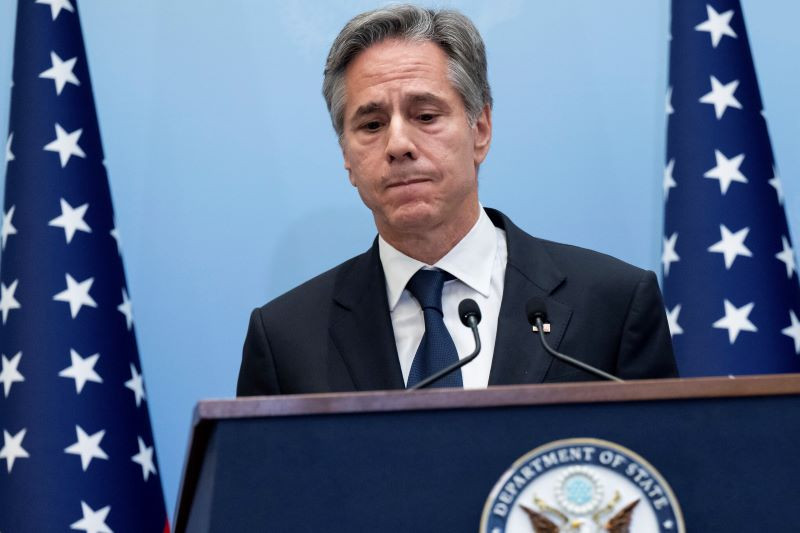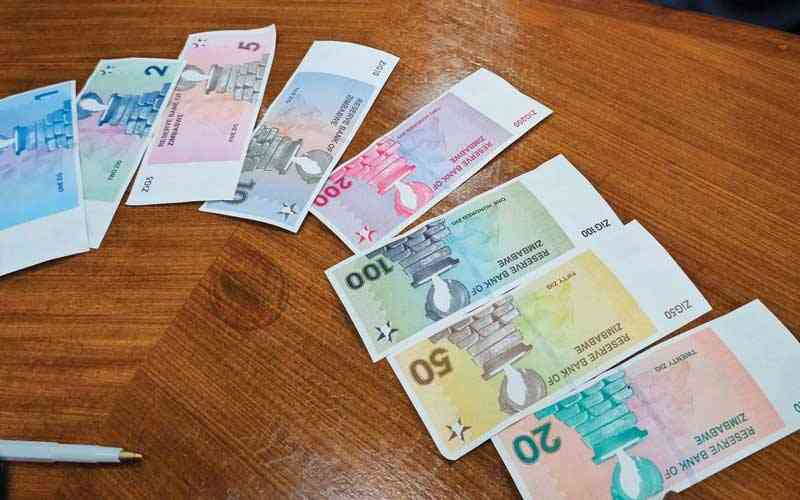
THE United States struck on Monday, announcing a new visa restriction policy for those undermining democracy in Zimbabwe.
Under the new measures, the United States will pursue visa restrictions on individuals believed to be responsible for, or complicit in, undermining democracy in Zimbabwe, secretary of State Antony Blinken said.
Such acts, Blinken said, may include manipulating or rigging the electoral process; disenfranchising voters or preventing individuals from exercising their right to vote; excluding members of the political opposition from electoral processes; restricting the ability of civil society organisations (CSOs) to operate and engage in democratic governance or human rights-related activities. They also include intimidation of voters, election observers or CSOs through threats or acts of physical violence.
The acts may also include engaging in corruption, including bribery, that undermines the electoral process; interfering with the independent operations of the Judiciary during its adjudication of electoral cases; or abusing or violating human rights in Zimbabwe.
Blinken said family members of such persons might also be subjected to such restrictions.
The new restrictions will come as a consolation to the opposition Citizens Coalition for Change (CCC) which dismissed the August 23 and 24 elections as a “gigantic fraud” citing an uneven playing field.
The visa restrictions are also an indictment on Sadc leaders who have been lining up to congratulate Zimbabwe for holding free and fair elections despite the bloc’s observer mission exposing that the polls failed to tick the boxes in the holding a free and fair election.
Election observer missions from the European Union have also released a damning report saying the polls did not meet regional and international benchmarks.
- Mavhunga puts DeMbare into Chibuku quarterfinals
- Bulls to charge into Zimbabwe gold stocks
- Ndiraya concerned as goals dry up
- Letters: How solar power is transforming African farms
Keep Reading
The new measures come at a time when CCC says there has been a deliberate attempt to suffocate the political formation through recalls by the self-imposed interim secretary-general Sengezo Tshabangu who is allegedly working with the ruling Zanu PF party to decimate the “people’s project”. Tshabangu and Zanu PF have denied the allegations.
Observer reports have outed Zanu PF affiliate Forever Associates Zimbabwe (Faz) for tilting the scale in favour of the ruling party through intimidation of voters.
A report by the Zimbabwe Human Rights Commission accused Faz and traditional leaders of intimidating voters by recording their names and identifying people suspected of having voted for the opposition.
“Faz set up what they labelled “exit poll survey desks” around some polling stations. Names of people were recorded as they entered and exited the polling stations. The electorate considered it an act of intimidation.
Occasionally, this caused confrontation between those conducting the “survey” and some voters who refused to co-operate,” ZHRC said.
We see the new restrictions as a time for a bountiful harvest by those accused of allegedly interfering with the electoral processes.
They made their bed in the run-up to the August 23 and 24 elections and must lie on it.






